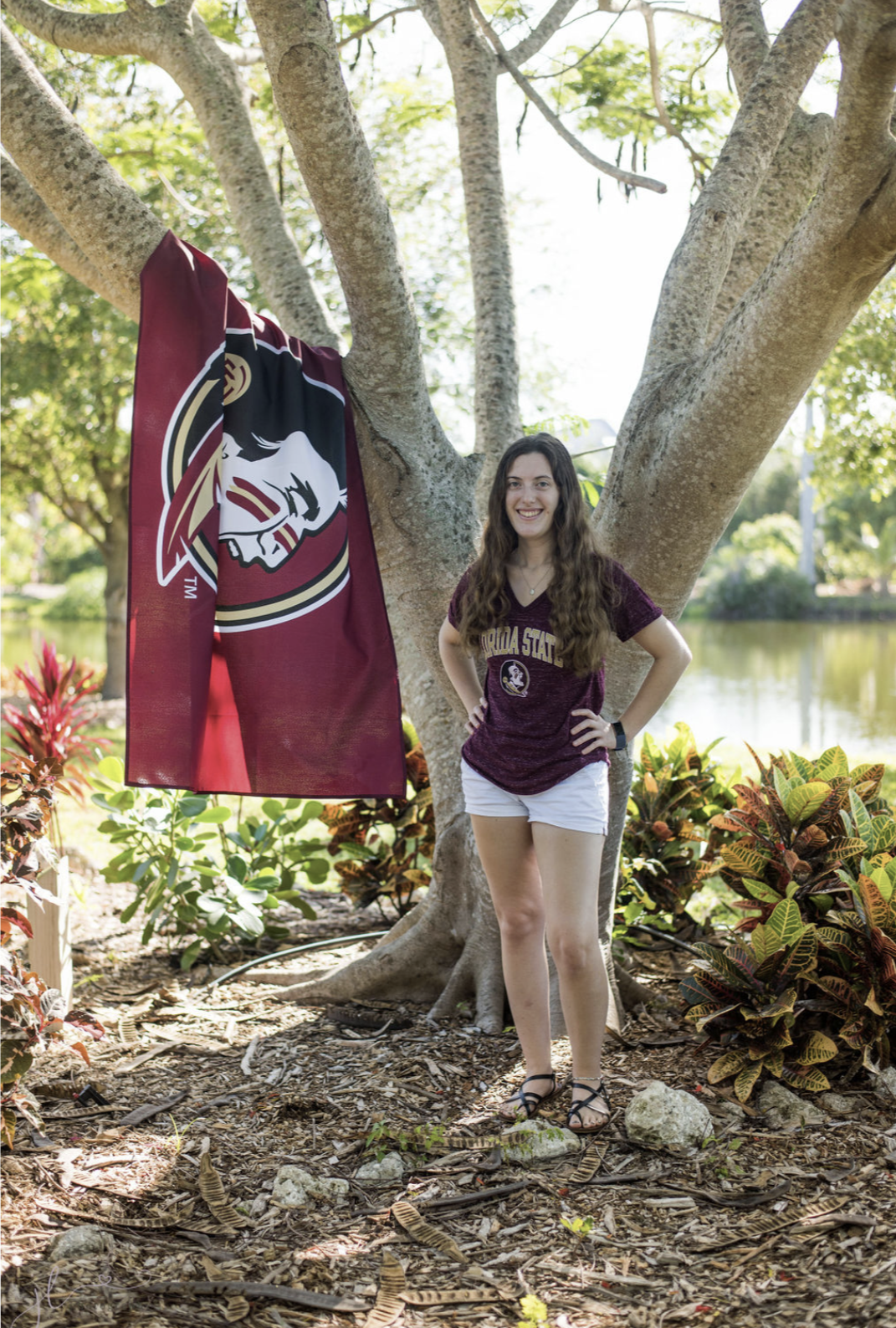Research Symposium
22nd annual Undergraduate Research Symposium
Amber Bernstein Poster Session 5: 1:30-2:15/Poster #27

BIO
Amber Bernstein (she/her/hers) is originally from Matawan, New Jersey but moved to Bradenton, Florida about 10 years ago when she was 9 years old. Amber is a senior at Florida State University who plans on graduating in the Summer of 2022 with a bachelor’s in biology. Her goal is to be a medical doctor, more specifically a Hospitalist. Given that she is a High School AA student and missed out on two years of experience and volunteer opportunities that other students her age got to have, she plans on pursuing a Master's in Biology through the course-based master's program available at FSU. This way, she hopes to gain more experience and explore her interest in neuroscience before fully committing herself to medical school. This past year amber has participated in the Undergraduate Research Opportunity Program (UROP), where she has worked in the Levitan Lab, under the research mentorship of Ph.D. Candidate Melanie Medina. For her doctoral research, Melanie is interested in studying reproduction and mate choice in marine gastropods, particularly sea slugs. Amber has investigated the effects of salinity on the survivorship and oviposition of these sea slugs. Through this experience, Amber has learned effective communication and time management skills.
Salinity Effects on Survivorship and Oviposition in a Local Marine Simultaneous Hermaphrodite
Authors: Amber Bernstein, Melanie MedinaStudent Major: Biological Sciences
Mentor: Melanie Medina
Mentor's Department: Biological Science Mentor's College: Arts and Sciences Co-Presenters:
Abstract
The abundance of some marine invertebrates seems to be affected by changes in salinity during the rainy summer months in areas like the Gulf of Mexico. With climate change conditions extending periods of drought and rain, it is unclear how these salinity changes would affect the reproduction and survivorship of certain endemic species. Climate change has made weather more unpredictable, and changes in the weather lead to changes in the ocean, including salinity. To understand how environmental conditions affect survivorship and oviposition in some marine invertebrates, I studied the simultaneous hermaphrodite sea slug Doto chica. I hypothesized that if there are differences in survivorship and oviposition of slugs in different salinities, it is due to changes in the physiological responses. Lower than normal salinity has a greater effect on survivorship. Average salinity in their natural environment ranges from 25-30ppt, and slugs in both low and high salinity treatments were being exposed to a salinity that diverges from the average. Therefore, changes due to climate change can affect local populations by alerting their physiology and therefore, their ecosystem functions.
Keywords: Salinity Effects, Survivorship, Oviposition, Hermaphrodites

